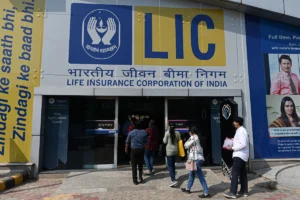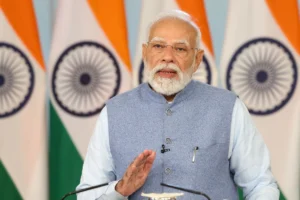
Credit: New Scientist
RBI, Deputy Governor, Rajeshwar Rao said, “While no entity is immune from climate risks, India is particularly vulnerable and there is a need to take action given the country’s long coastline, a high share of fossil fuels in energy systems and dependence on rural livelihoods on agriculture”, on Thursday.
While speaking at an industry event, he said that climate trends and events have a direct bearing on the economy and resultantly have an impact on financial institutions and systems.
RBI, Deputy Governor cited a report and said that the transformation of the global economy needed to achieve net-zero emissions by 2050 and this needs USD 9.2 trillion in annual average spending on physical assets, which is USD 3.5 trillion more than what is being spent today.
The Council on Energy, Environment and Water has already estimated that in the case of India a total investment of USD 10.1 trillion would be needed to meet our net zero commitments by 2070.
“This underscores the urgency of efforts for transitioning to a low-carbon economy. Ensuring access to adequate transition finance and supporting technology would be critical in this process,” Deputy Governor added.
Also read: RBI Governor: Next Financial Crisis Will Come From Private Cryptocurrencies
He talked about two key aspects that banks would need to focus on to move forward.
“First, relying on their time-tested expertise in financial intermediation by acting as an effective conduit for channelising finance to carbon-efficient sectors and industries in alignment with national policies and goals,” Deputy Governor said.
Talking about the second aspect, he said that there is a need to improve the management of financial risks in their books which may originate from climate change.
RBI, Deputy governor believes that such risks range from the direct physical risks emanating from adverse climate-related events to loss of reputation and legal risks.
“Obviously, the strategies for mitigating these risks would have to be encompassed by sound public policy objectives and all stakeholders would need to play their role in helping the country traverse and transform into a climate-resilient economy,” Deputy Governor added.
Also read: Parliament Winter Session 2022: Proceedings Adjourned Sine Die Six Days Ahead of Its Schedule
To read more such news, download Bharat Express news apps






















